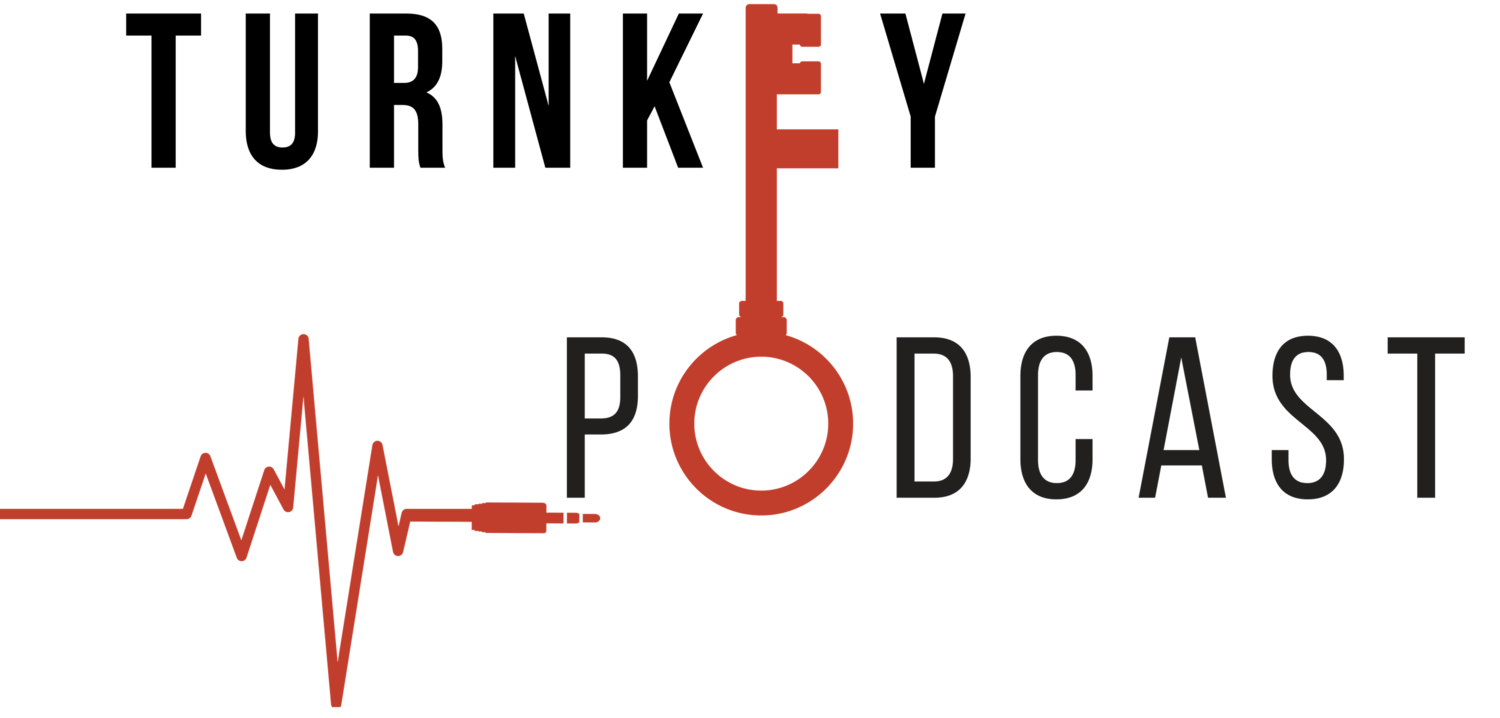Podcasts are an excellent opportunity to indulge your passions and potentially earning a living from talking about the things you love. However, the podcasting world is a very competitive one. If you want to make it, you’re going to need to offer something unique and professional.
Here are some simple tips for ensuring your podcast is successful and sustainable.
Use Professional Equipment
If you want your audience to take you seriously, you need to demonstrate a degree of professionalism. If you are recording your podcast with a low-end microphone that delivers sub-par audio, your tech-savvy listeners will be instantly suspicious. After all, if you are talking about tech in your podcast, it will seem a bit odd if your own tech isn’t up to scratch.
We aren’t saying that you need to spend thousands on your audio equipment, but you do need to do better than the built-in mic on your laptop or the cheapest off-the-shelf external microphone. There are lots of great quality microphones on the market that are perfect for podcasting.
Know Your Niche
There’s nothing wrong with doing a general tech podcast, but you will find it much more difficult to break through. This might seem counterintuitive, because by targeting a wider audience, your podcast should appeal to more people. However, the problem is that you will be competing against several well-established competitors who are already producing their own tech podcasts.
If you target a specific niche or at least make sure that your podcast also dips in to more niche areas during each episode, you will stand out as one of the few options available for people who are interested in that niche.
For example, you could include a section in each episode aimed at hobbyists who produce their own electronics. This could include an electronic component comparison site review, such as Octopart, tips from guest speakers or even a look at some of the most exciting Raspberry Pi projects that you’ve managed to find during the week.
Stay Out of the Red
We aren’t talking about your finances but your sound levels. Whatever software you use to record your voice should give you an indication of the current noise levels. You want to ensure that your voice is being picked up clearly, but if it’s too loud, it will distort and end up sounding worse.
Many podcasters will aim for a sound level that is as close to the red as they can get without straying into it. This is a fine approach, but make sure that you give yourself some wiggle room if you’re going to want to vary the volume of your voice throughout the recording.
Keep a Consistent Length
Listeners like consistency. Podcasts are different from radio broadcasts – a podcast is always an on-demand thing. If your listeners know how long your podcast is, they know when the best time for them to listen to it is. If the length of your episodes in all over the place, you won’t be able to take a spot in your listeners’ daily routines.
Podcasting is a fantastic opportunity for tech nerds. The potential to be able to make money discussing the thing that you love has universal appeal. And, while it won’t be easy, you can make it happen if you pay attention to your production.
